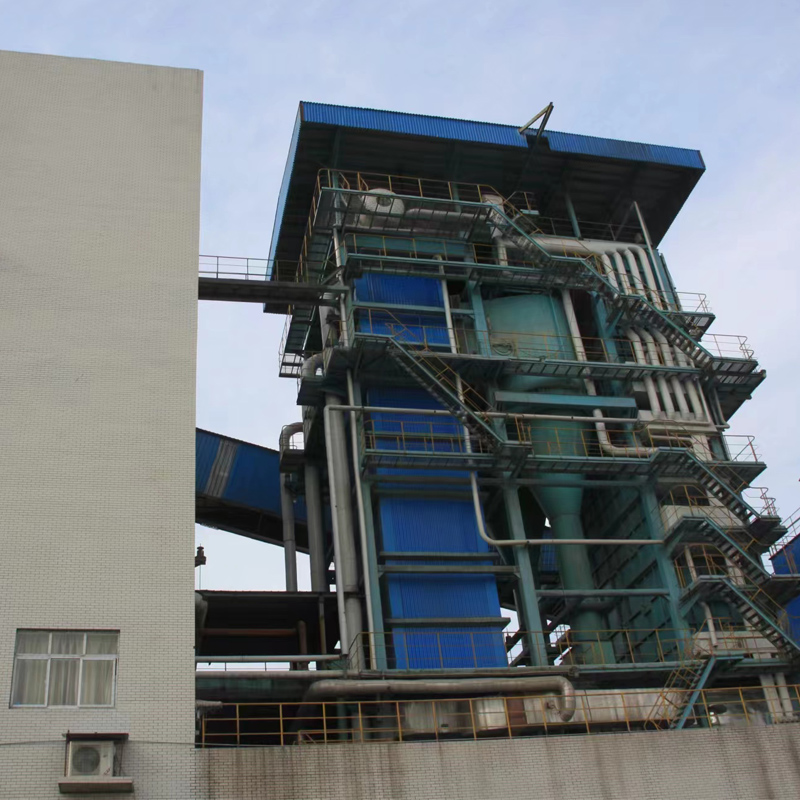ce certification thermal oil heater
Understanding CE Certification for Thermal Oil Heaters
In today’s industrial landscape, the efficient and safe operation of heating systems is paramount. Among these systems, thermal oil heaters have gained popularity due to their ability to transfer heat at high temperatures and maintain a stable temperature throughout their operational cycle. However, as with any industrial equipment, ensuring that these heaters meet safety and environmental standards is crucial. This is where CE certification comes into play.
What is CE Certification?
CE marking indicates that a product conforms to European safety, health, and environmental protection standards. It is essential for manufacturers and importers seeking to sell their products in the European Economic Area (EEA). CE certification is not a quality mark but rather a declaration that the product meets the necessary directives, such as the Machinery Directive (2006/42/EC) and the Low Voltage Directive (2014/35/EU).
Importance of CE Certification for Thermal Oil Heaters
Thermal oil heaters are used in various applications, including chemical processing, food production, and textile manufacturing. The operation of these heaters involves high temperatures and specific pressure levels. Therefore, safety is paramount. CE certification ensures that thermal oil heaters are designed and manufactured following strict safety guidelines.
1. Safety Assurance CE certification mandates rigorous testing of thermal oil heaters to identify potential hazards. These include risks related to overheating, leaks, and mechanical failures. Manufacturers must provide evidence that their heaters can operate safely under anticipated conditions.
2. Quality Control The certification process involves comprehensive evaluations, including design and manufacturing inspections, ensuring that the products are of high quality. This focus on quality helps prevent accidents and equipment failures, contributing to operational efficiency.
3. Market Access For manufacturers wishing to export thermal oil heaters to European markets, CE certification is often a legal requirement. Without it, products cannot be sold in the EU, limiting market opportunities. Thus, obtaining CE certification is not just about compliance; it's also a strategic business move.
4. Environmental Considerations The production and operation of thermal oil heaters can have environmental impacts, such as emissions and waste heat. CE certification includes assessment criteria that encourage manufacturers to implement eco-friendly technologies and processes, ultimately leading to reduced environmental footprints.
ce certification thermal oil heater

Steps to Obtain CE Certification
The path to CE certification involves several critical steps
1. Identify Applicable Directives Depending on the nature of the thermal oil heater, manufacturers must identify which European directives are applicable.
2. Perform Risk Assessment Conduct a thorough evaluation to identify potential risks and hazards associated with the heater’s operation.
3. Implement Design and Manufacturing Solutions Make necessary adjustments to the heater's design and manufacturing process to meet compliance.
4. Testing and Evaluation Engage with notified bodies that specialize in the testing and evaluation of industrial equipment. They will perform necessary checks to confirm compliance.
5. Create Technical Documentation Assemble all necessary documentation, including design specifications, risk assessments, and test results, which may be required for future audits.
6. Affix the CE Marking Once compliance is demonstrated, the manufacturer can affix the CE mark on the thermal oil heater, signifying that it meets all required directives.
Conclusion
CE certification for thermal oil heaters is an essential component of ensuring safety, quality, and environmental protection in industrial settings. By adhering to the CE marking requirements, manufacturers not only comply with legal regulations but also gain a competitive edge in the European and global markets. As industries continue to evolve, the importance of CE certification in operational efficiency and safety cannot be overstated. Investing in CE-certified thermal oil heaters ultimately leads to safer working environments, enhanced product quality, and greater peace of mind for both manufacturers and end-users.
-
Industrial Steam Boiler Corporation - Reliable Industrial Boiler Manufacturer & SupplierNewsJul.08,2025
-
High-Efficiency Steam Boiler Heat Exchanger Supplier & Factory Durable Products for IndustryNewsJul.08,2025
-
Premium Electric Steam Boiler Manufacturer Reliable Company & Factory SolutionsNewsJul.08,2025
-
Commercial Hot Water Boiler - Reliable Supplier & Factory Direct Price for Efficient Heating SolutionsNewsJul.07,2025
-
Top Hot Oil Boiler Manufacturer - Reliable Thermal Oil & Coal Fired Boiler Manufacturer ManufacturerNewsJul.07,2025
-
High-Efficiency Hotel Hot Water Boiler – Leading Exporters & Quotes for HotelsNewsJul.07,2025

